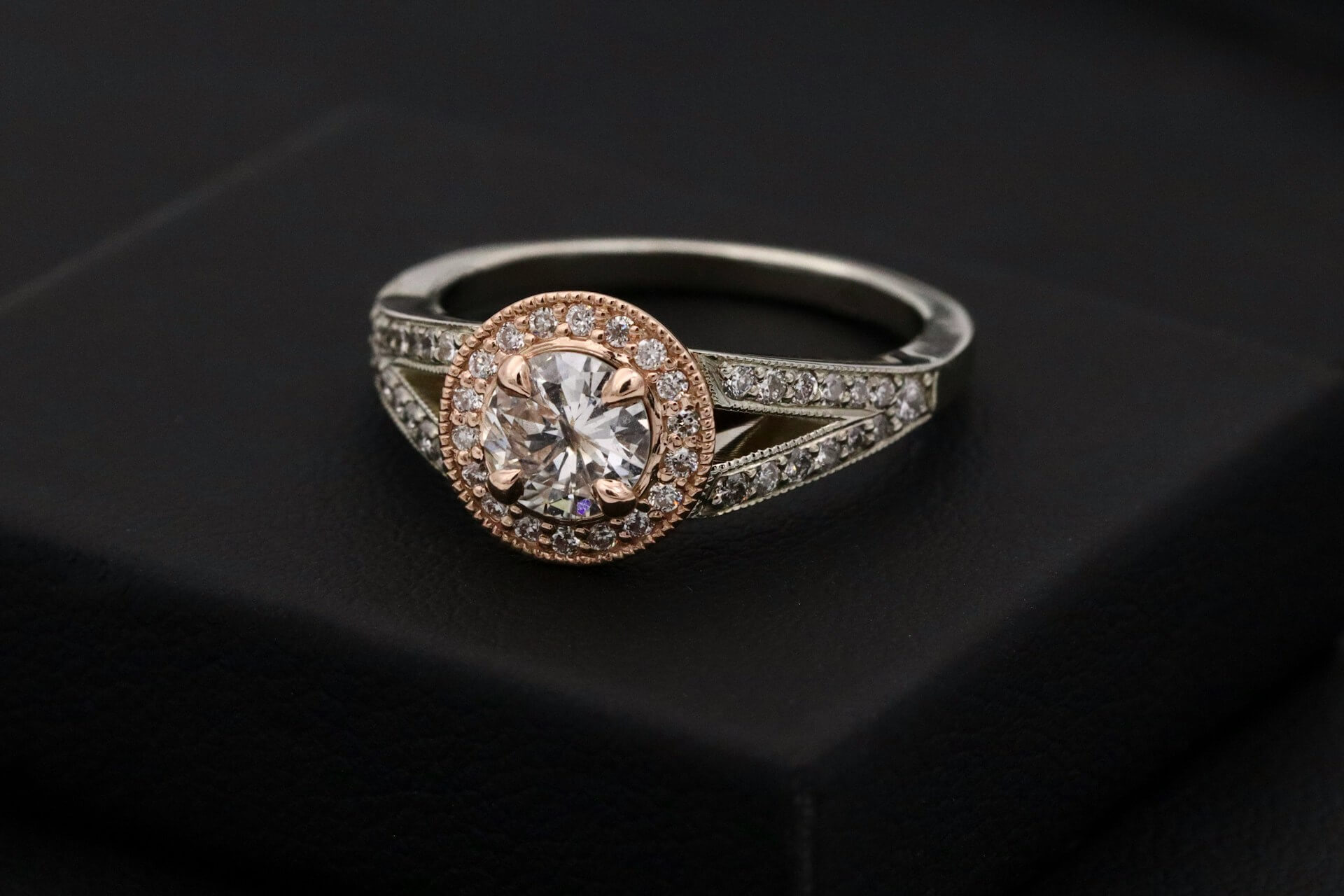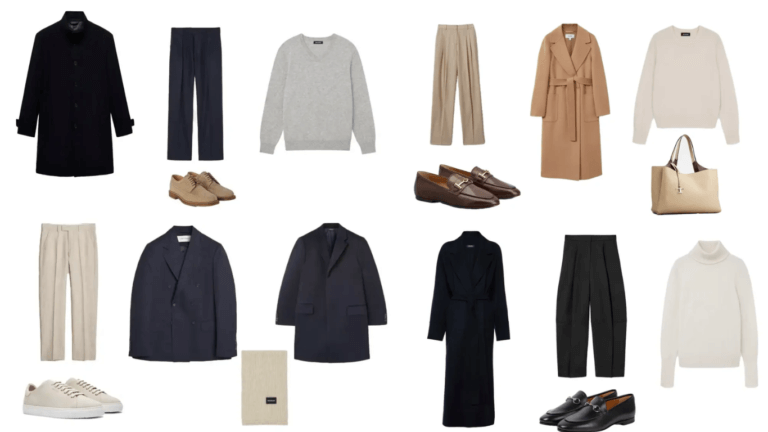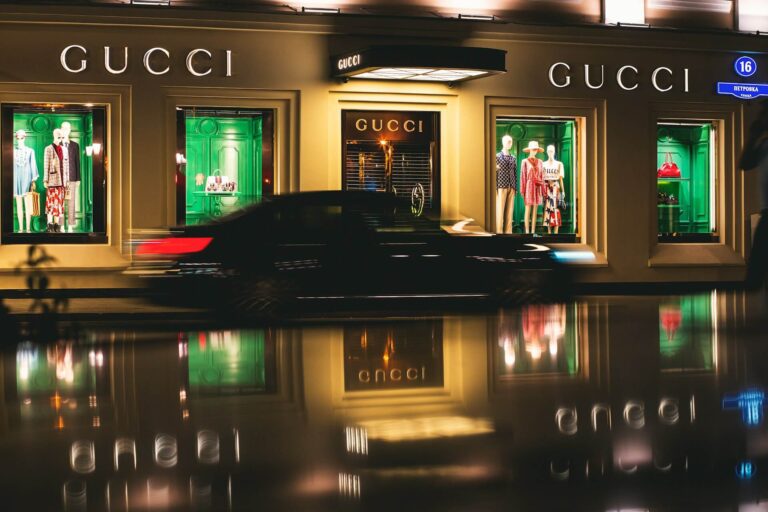Luxury fashion has always been a symbol of status and exclusivity. But what exactly makes luxury clothing so pricey? and why are people willing to pay these extremely high prices for these items? This article goes into the reasons for the high cost of luxury clothing, going through everything from the quality of materials and craftsmanship to branding and marketing strategies.
Table of Contents
What Makes Luxury Clothing Luxury?
Quality of Materials
One of the most important factors that distinguishes luxury fashion from mass-market clothing is the quality of materials used. Luxury brands source the finest fabrics, leathers, cashmere, and other materials, often from rare or exclusive suppliers. These materials are not only expensive but also durable, very comfortable, and have unique characteristics. For example, cashmere from Mongolia, silk from Italy, and leather from France are highly sought after for their superior quality.
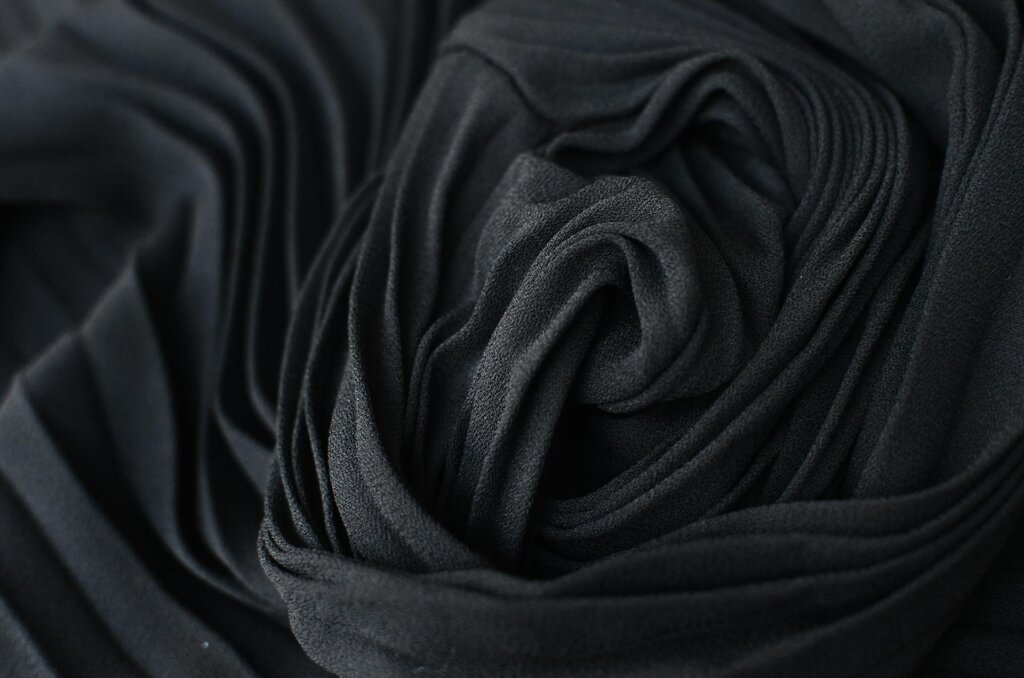
Craftsmanship and Labor
Luxury fashion is known to have exceptional craftsmanship made by skilled artisans. Skilled artisans often have years of experience and create each piece by hand or with a little help from machines. This hard process ensures that every stitch, seam, and detail is perfect. The labor cost is high because these artisans are highly trained professionals.
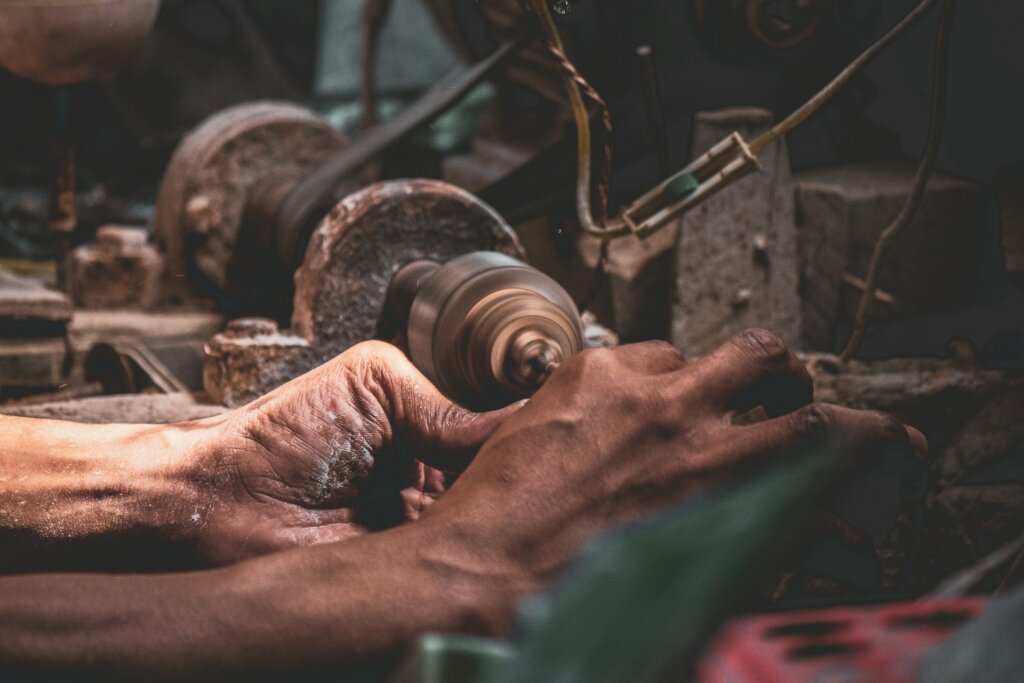
Design and Innovation
Another crucial aspect of luxury fashion is the emphasis on design and innovation. Luxury brands often hire famous designers who create unique, trendsetting pieces. The innovation in design, whether by introducing new silhouettes, fabrics, or techniques, sets luxury fashion apart from mainstream fashion, justifying the higher price tag. But that being said, there have also been some really weird clothing pieces that have come out because of this especially Balenciaga.
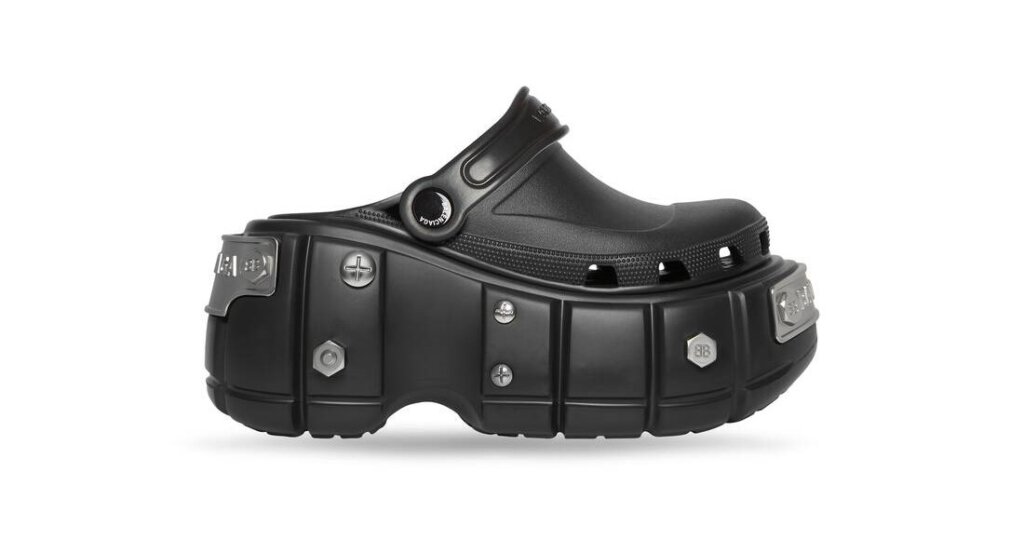
Limited Production
Luxury fashion is often produced in limited quantities where it’s required for you to spend insane amounts before even being able to buy a specific product or you have to endure long waiting times, where you need good connections to buy said product. A good example of this is the Birkin bag where you’re almost required to know someone within Hermes to buy one. You can read more about the requirements in this article by Amlux
The rarity of these pieces adds to their allure and value which drives the price up. People are willing to pay a premium for something unique and rare that sets them apart from the rest.
All these factors increase the price but there are also some other factors like the ones coming up next.
Why Luxury Fashion is Expensive
Quality, Eclusivity And Craftmanship
I mentioned these in the explanation of what makes luxury clothing luxury so we will briefly go through them.
Quality Materials: Luxury brands source the finest fabrics, leathers, cashmere, and other materials, often from rare suppliers. These materials are durable, comfortable and are expensive, which inturn increases the price of the clothes.
Craftsmanship: Luxury fashion often have skilled artisans. Skilled artisans often have years of experience and create each piece by hand or with a little help from machines. Having people make things by hand is a lot more expensive than having machines do it and these artisans probably ask for higher salaries as they are very skilled.
Limited Production and Exclusivity: Production in limited quantities enhances the allure and desirability of luxury fashion items. You can’t have a exclusive product without it either being expensive or really hard to get or maybe even both like with the Hermes Birkin bag.
Brand Heritage
Building a Reputation Over Time
Older items tend to be higher quality as they didn’t have the same focus of mass-producing items as we do today. A good example is buildings where older buildings have way more details and are way prettier than modern buildings.
Luxury fashion houses such as Chanel, Louis Vuitton, and Hermès have established their brands over many decades, sometimes even centuries. This long history allows them to build a reputation for quality, exclusivity, and innovation. They often use this heritage as a marketing point as people expect older brands to have more expertise.
Even without a specific reputation, if you see a brand that has been around for 100 years compared to another brand that’s been around for only 10 years, you are likely to expect higher quality from the 100-year-old brand as they have had a longer time to perfect things.
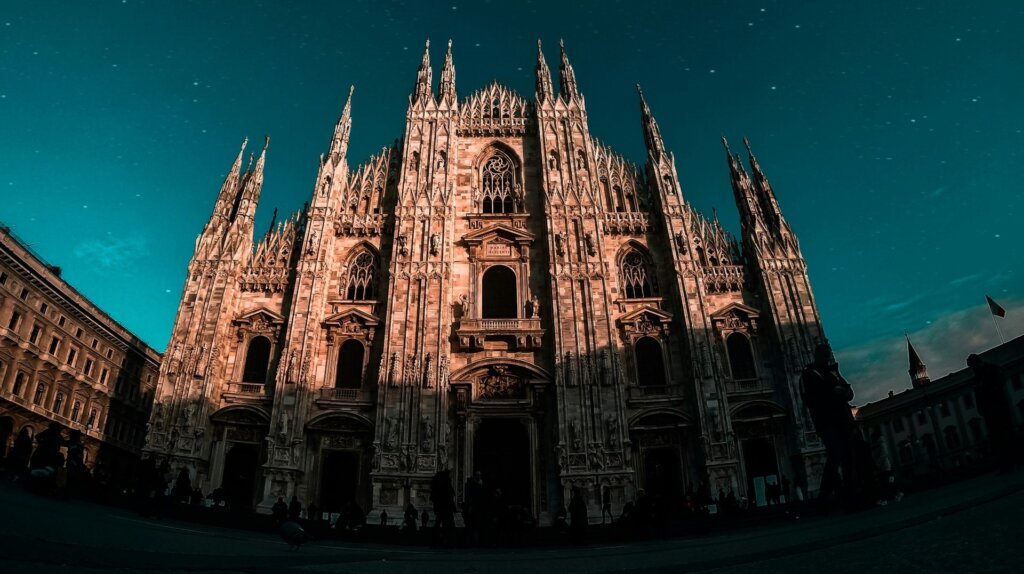
Economic Factors
Cost of Distribution
The distribution channels for luxury fashion are different from those of mass-market clothing. Luxury brands often have flagship stores in prime locations around the world, which are really expensive to maintain and, the cost of transporting and handling high-end products, often with enhanced security measures, adds to the overall cost.
Import and Taxation
Luxury goods often have higher import duties and taxes, especially when sold in international markets. These additional costs are passed on to the buyers, adding to the already high price of luxury fashion.
Research and Development
Luxury brands invest a lot into research to create innovative products that stand out in the market. This includes everything from developing new fabrics and materials to experimenting with new techniques and technologies. These R&D investments contribute a little bit to the higher cost of luxury fashion, as these brands seek to offer something truly unique and groundbreaking.
Because They Can
Market Dynamics and Consumer Willingness
Ultimately, luxury fashion brands set high prices because they can. The market dynamics allow them to do so due to people’s willingness to pay a premium for these items. The perceived value, status, and exclusivity associated with luxury brands create a demand that supports high pricing. People who buy luxury fashion are often less sensitive to price and more focused on the prestige and quality they are purchasing.
Brand Strategy and Profit Margins
High prices in luxury fashion are also a strategic decision by brands to maximize profit margins. The cost of producing luxury items, while higher than mass-market goods, is often only a fraction of the retail price. Hermes for an example has a 39.95% operating profit margin, Moncler has a 29.72% margin and LVMH has a 25.4% margin all according to companiesmarketcap.com
Creating and Maintaining Exclusivity
By setting high prices, luxury brands create and maintain an image of exclusivity and rarity. This exclusivity is a key part of the brand’s appeal, making the products more desirable to consumers who seek to differentiate themselves. The high price itself becomes a barrier to entry, ensuring that only a select few can afford to own these luxury items.
Conclusion
The high cost of luxury fashion can be attributed to a combination of factors, including the quality of materials, craftsmanship, design innovation, limited production, brand heritage, marketing, and economic considerations. Ultimately, consumers are willing to pay a premium for luxury fashion because it represents more than just clothing. It symbolizes status, exclusivity and wealth. The allure of owning something rare, made by experts and from a historic brand justifies the high price tag for many.
Click here if you want to book a meeting with me

